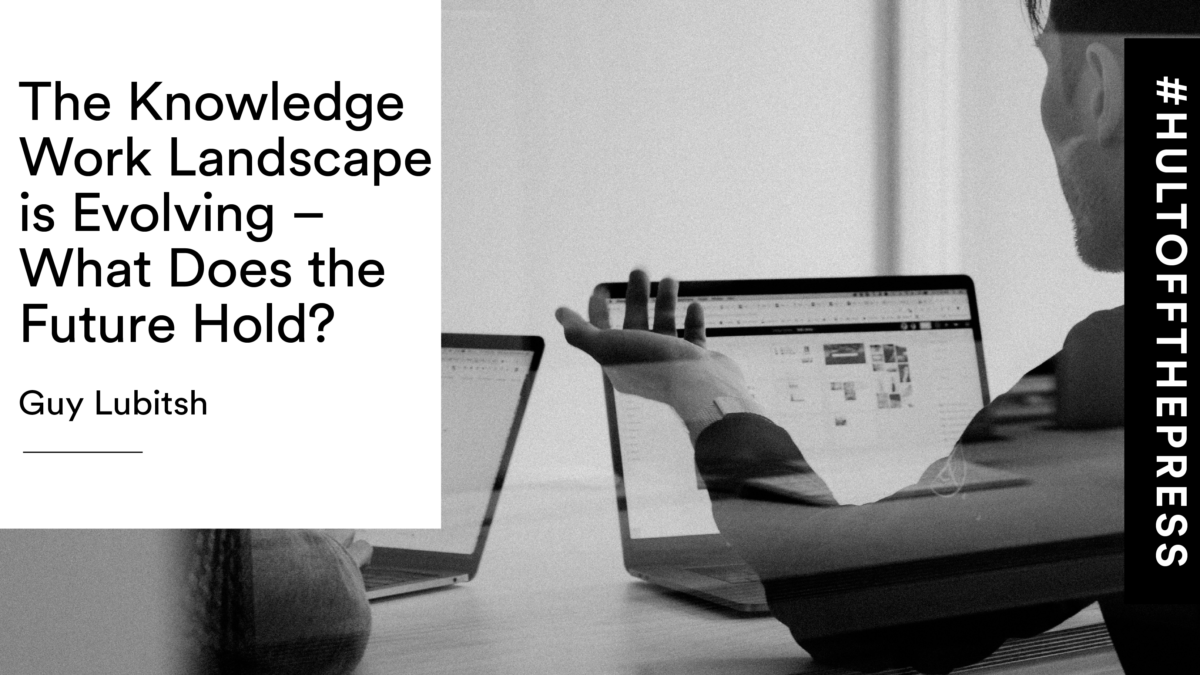The Knowledge Work Landscape is Evolving – What Does the Future Hold?
Imagine a world where machines hold the answers to our most pressing problems. Could AI tackle today’s big societal challenges, revolutionize industries, identify potential treatments swiftly, or optimize energy consumption to combat climate change? Or will it exacerbate inequality within society?
Will AI help us become better human beings or will it deepen isolation and loneliness within society and work still further?
Will it reduce jobs or enhance value creation?
Can AI coaches become more impactful than human versions?
Will the access to more information to everyone undermine the traditional organizational power structures?
Can AI support leaders to put in place agile and effective strategies within a competitive marketplace?
What are the new power skills of the AI era? And how do we retain and develop talent?
These were the intriguing questions raised this month at a session hosted by the Global Peter Drucker Forum in Vienna, moderated by my colleague Mark Esposito. Along with Hult’s Johan Roos and myself. We talked with David Weinberger, Andrew Winston, and Stuart Andreason about both the challenges and opportunities that changes like AI are bringing to knowledge work. This interesting and rich discussion is impossible to sum up– but here are several key takeaways:
- We must not be passive consumers of AI technology. Instead, we should actively engage
in shaping its development. By taking ownership, we can ensure that AI aligns with our
values and societal goals. - Recognizing the darker aspects of AI is crucial. By being aware of these challenges, we
can harness AI’s benefits while mitigating risks, particularly in sectors like healthcare and
environmental management. - As society and organizations grapple with a growing loneliness epidemic, leaders must
equip line managers with essential skills such as empathy and active listening. This can
mitigate some of the isolating aspects of tech, fostering a supportive work environment,
crucial for reducing burn out and increasing joy at work. - New generations coming into the workforce prioritize purpose and meaning in their roles.
Companies that will not be able to offer inspiring purpose and fail to provide coaching
and empathetic leadership are at risk losing out on top talent. - Whilst the advancement of AI is impressive and should be celebrated, it is important not
to forget that we are hard wired for face-to-face interaction that are critical for our mental
health and well-being.
Embracing AI in the knowledge work landscape demands a multidisciplinary approach that considers both the intended and unintended consequences of the use of technology. There is a need to adopt AI in a balanced way, recognizing both its benefits as well as darker sides. By maintaining a critical yet open mindset, AI can enhance our skills and boost innovation, fostering a future where human and AI intelligence work together to elevate society.


